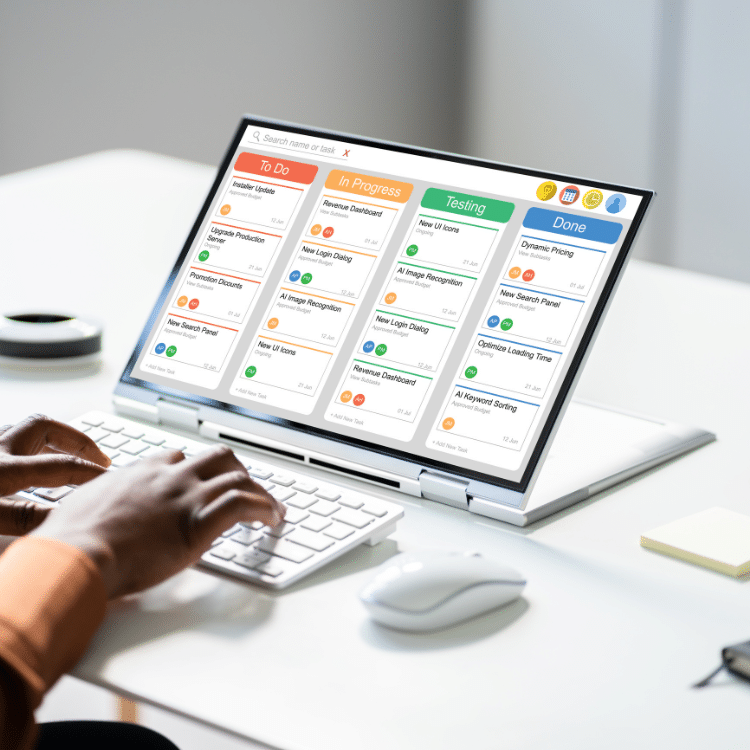Freelance Boom
The freelance workforce has experienced significant growth over the past decades, with projections indicating that freelancers will constitute 50% of the total workforce by 2027. This shift reflects a changing attitude toward freelancing, now seen as an integral component of the global professional landscape.
In Europe, the number of freelancers increased by 45% from just under 6.2 million to 8.9 million between 2000 and 2013, making them the fastest-growing group in the EU labor market.
Working project to project with a future of relative uncertainty requires a high skill set and adaptability to succeed in the freelancing world. While freelancing offers benefits such as flexibility and autonomy, it also presents challenges like isolation, unpredictable workloads, and the absence of guaranteed income or state benefits. This career path often attracts individuals in creative, digital, and tech sectors.
Millennials and Gen Z are particularly embracing freelancing, contributing to the rise in numbers. Freelancing suits their desire for freedom and flexibility, with an outlook focused on living, not just working. Approximately 29% of all graduates consider freelancing as part of their career strategy for the next five years, suggesting that the freelance economy will continue to gather pace in the UK.
The world is your office, your hours are your own
Technological advancements have revolutionized freelancing, making it easier to find and secure work without geographical limitations. Freelancers can work for clients anywhere, allowing them to take on projects where their skills are valued and adequately rewarded. This freedom to live and work from anywhere contributes to the reported satisfaction among freelancers. Rather than being bound to a particular job because of location, freelancers can choose positions they find most suitable and fulfilling. Clients prioritize quality work delivered on time, regardless of whether freelancers work traditional hours or unconventional schedules.
Work in your pants whilst eating cold beans from a tin. No one cares!

A freelancer’s productivity and value is measured on output rather than input. In other words it’s not the hours spent on a project a freelancer will be judged on, but rather the quality of work produced. Its worth noting that freelancers tend to put in more hours than their traditionally employed counterparts. The downside to having no office or set hours – freelancers can fall into the trap of always working.
One Freelancer, Many Hats
Freelancers manage various aspects of their business beyond the services they provide. They handle marketing and self-promotion, customer service, financial management, and expense tracking, in addition to client work. This requires high organization and a serious approach to their profession. It’s a job, not a hobby.
Meaning and Balance
Expectations have evolved, with a greater emphasis on work-life balance. Freelancing offers the freedom to work according to one’s schedule from any location, eliminating the need to miss important personal events or feel guilty about attending appointments. The biggest change is in ethos, with freelancers demanding meaningful work and valuing life as much as work.
The Bottom Line
78 percent of freelancers say that within a year they earned more than they did in a traditional job. Most report that it’s more than they were making 12 months ago**

As their worth is becoming more recognised and respected, skilled freelancers are able to charge more for their services. The myth that a living cannot be earned from freelancing is long gone as the set-up is a win-win for both client and freelancer. The client gets a highly skilled professional without having to pay extras. Like employment taxes, office costs, they or make state contributions, and freelancers get paid what they’re worth.
Payments to freelancers have increased 37% year on year**
Liveforce hearts freelancers
Freelancing was seriously tough before the rise in technology we have today. While job seekers in previous generations were limited to newspaper ads and physically dropping off resumes, the internet has made the process of identifying and applying for work far easier.
This was part of the drive behind the Liveforce app. Simplifying the process for freelancers and crew to see what jobs are available and apply for them in real time. This makes the process easier for Event Managers too, as they can easily see what crew they have, what gaps need filling. With Liveforce this can all be done managed and resolved in a matter of moments.
Schedule a demo, let us know what you think.
Quoted stats credit from this source





